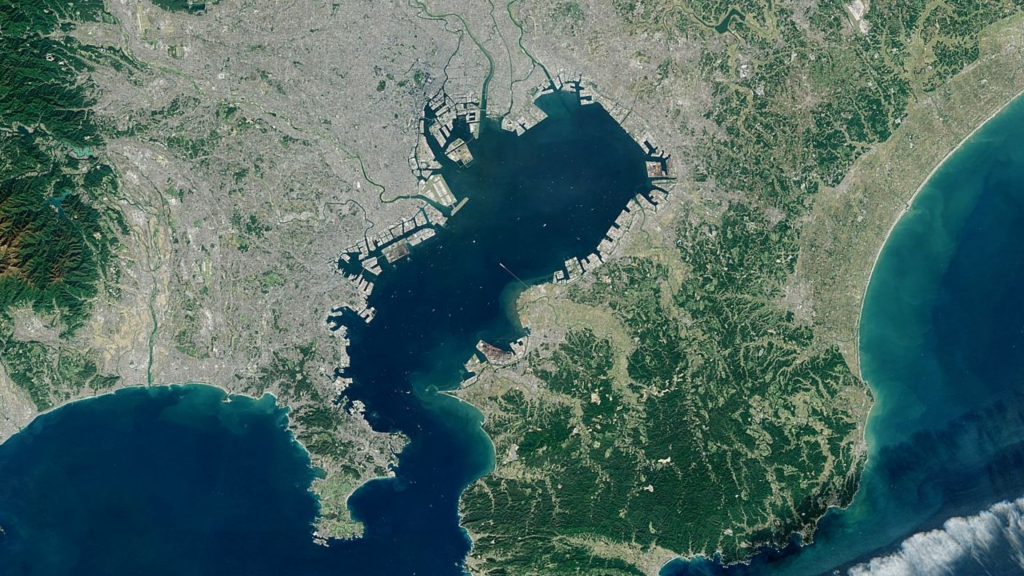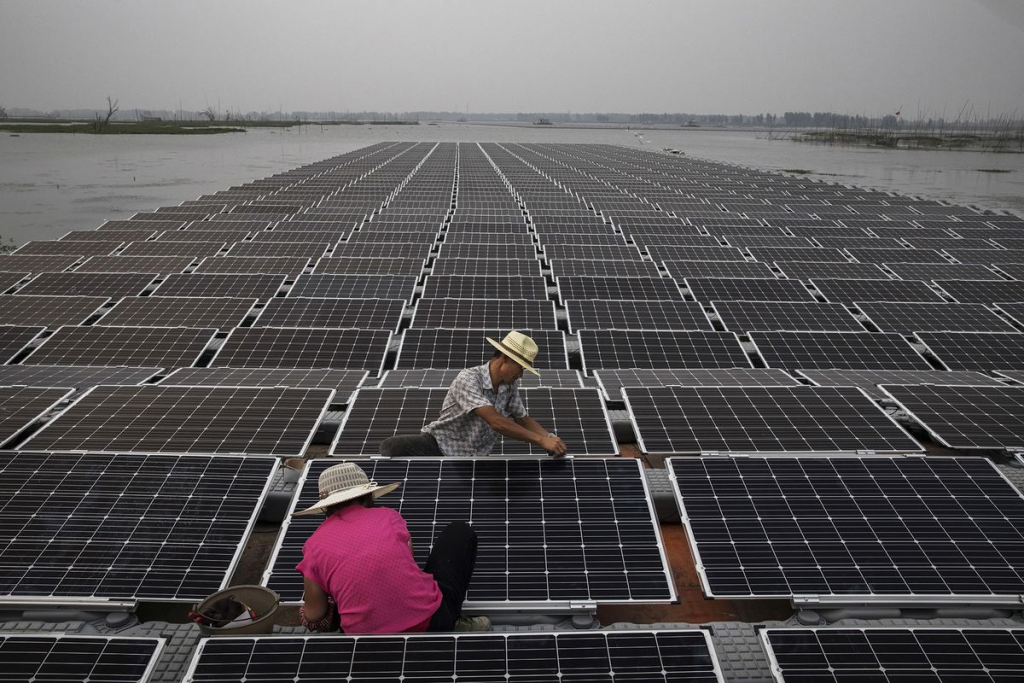Japan’s first offshore floating solar farm seeks to generate power in Tokyo Bay that can then be stored and delivered back to land in batteries by drone sailing vessels, said SolarDuck, a Dutch-Norwegian floating PV company.
SolarDuck said that its partnership, which includes Tokyu Land Corporation and Everblue, a Japanese marine expert, has been chosen to build a demonstration plant as part of the Tokyo government’s aim to mobilise cutting-edge technology for the city’s next 100 years.

SolarDuck hopes to deploy an 88kW floating solar system and mooring lines in the Tokyo Bay Area by Q1 2024. The generated energy would be stored in batteries and delivered back to shore by Everblue’s autonomous vessels for use in Japan’s power-hungry capital.

In a statement announcing the contract, the Tokyo government provided few other specifics about the demonstrator, such as PV capacity or timeframe.
“Tokyo, a major energy consumption area, is dependent on power transmission from the suburbs. The achievement of energy generation and marine transportation in the Bay Area will contribute to the realisation of an urban model,” the partners said.

While floating PV deployment on inland surfaces such as lakes and reservoirs is already thriving, deploying solar at sea provides a new challenge due to the extreme conditions commonly faced by equipment offshore.
China has made history by connecting two 0.5MW floating PV arrays with a single offshore wind turbine in the seas off Shandong province.


